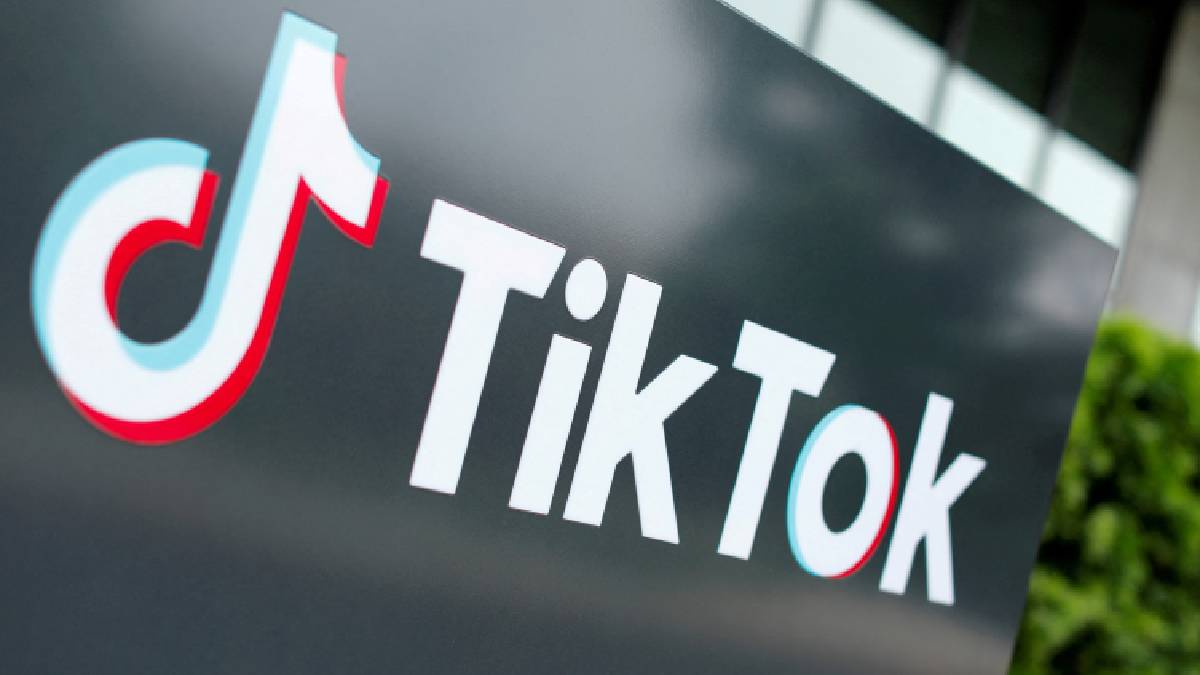 |
|
The five-year anniversary of TikTok's ban in India in January 2025 serves as a significant landmark in the global scrutiny of the app's controversial nature. India's decision, driven by concerns about national security and data privacy breaches, sparked a wave of similar actions in other countries. The Indian government voiced concerns over the potential access of user data by the Chinese government, given TikTok's ownership by ByteDance. This ban was part of a broader strategy to address national security threats, cyber vulnerabilities, and online content regulation inconsistencies within the nation's security protocols. The case highlights the complex interplay between technological advancement, national security interests, and the evolving digital landscape. The ripple effect of India's decision resonated globally, prompting other nations to assess their own risk tolerances and regulatory frameworks regarding TikTok and similar applications. The impact of these decisions extended far beyond the initial ban, impacting global geopolitical dynamics and the relationships between nations and tech companies.
The United States, mirroring India's concerns, also considered a TikTok ban in 2020 under President Trump's administration. The executive order cited national security risks stemming from potential data sharing with the Chinese government, a similar concern raised by India. However, the US ban never fully materialized, entangled in legal challenges and subsequent reviews under the Biden administration. This demonstrates the intricacies of implementing such bans in established legal systems and the challenges of balancing national security with due process and individual rights. The US experience further illustrates the complex process of navigating legal frameworks and political realities while addressing similar concerns about data privacy and national security. The differing outcomes between India and the US highlight the varying approaches and challenges encountered by different nations in regulating applications with significant user bases.
Beyond the US and India, other nations took action based on different concerns. Indonesia temporarily banned TikTok in 2018 due to concerns over explicit content and inappropriate behavior, highlighting the challenge of content moderation on large social media platforms. Following promises of enhanced content moderation, the ban was lifted, yet concerns persisted. Similarly, Pakistan implemented a ban in 2019 due to concerns regarding immoral and indecent content, with the ban subsequently reversed after commitments to stricter content monitoring. These instances indicate that the reasons for bans often extend beyond data privacy and national security concerns, encompassing the broader issue of managing harmful content online and maintaining social order. The varying degrees of enforcement and the periodic nature of some bans suggest an ongoing struggle to balance freedom of expression with the need to protect users and maintain societal norms. The diverse responses illustrate the dynamic nature of online content regulation and the challenges of enforcing global standards on a platform with a massive international reach.
The European Union, while not imposing a complete ban, expressed serious concerns about TikTok's data privacy practices, initiating investigations into potential violations of data protection laws. This underscores the growing international focus on data protection and user privacy in the digital age. The EU's approach represents a different strategy, focusing on regulatory scrutiny and the enforcement of existing data protection regulations rather than outright bans. This approach reflects the EU's emphasis on data protection as a fundamental right, showcasing a distinct regulatory strategy that prioritizes compliance with data protection laws over a complete ban. Australia and several Middle Eastern nations have also voiced concerns, imposing restrictions or demanding greater transparency. This widespread unease demonstrates the global scope of anxieties surrounding TikTok's data practices and content moderation capabilities.
The underlying reasons for these bans are multifaceted. National security concerns relating to potential data misuse by foreign entities, specifically given ByteDance's Chinese ownership, were central. Data privacy anxieties regarding TikTok's data collection practices and potential sharing of user information with the Chinese government prompted global scrutiny. Content regulation issues, including concerns about adult content, misinformation, and hate speech, also led to restrictions in certain countries. Geopolitical tensions between China and other nations played a significant role in shaping the responses. These factors combined to create a complex and evolving global regulatory landscape for social media platforms, reflecting a growing awareness of the potential risks associated with digital technologies and the need for effective regulatory frameworks. The diverse range of motivations highlights the complexity of balancing national interests with technological innovation and user rights.
The impact on content creators, particularly in India, was substantial, as the ban disrupted their livelihoods and income streams. This underscores the broader social and economic ramifications of such bans. The financial impact on content creators has been a significant collateral effect of these bans, underscoring the social and economic consequences of regulatory actions targeting large digital platforms. While TikTok has attempted to mitigate these issues by working toward compliance with local regulations and enhancing its data privacy practices, the future of TikTok in various regions remains uncertain. The future trajectory of TikTok and similar applications hangs in the balance, contingent on its capacity to address ongoing concerns regarding data privacy, content moderation, and national security, while navigating a complex and increasingly stringent international regulatory environment.
Looking ahead, the global debate on privacy and security continues, influencing the future of TikTok and similar applications. TikTok's continued dominance in the global social media market suggests its resilience, but the uncertainty of its future in various jurisdictions persists. The need for robust regulatory frameworks that strike a balance between national security, data privacy, freedom of expression, and economic interests is paramount. The evolving nature of technology and its impact on national security and data privacy necessitates continuous adaptation of regulatory measures and ongoing dialogues between governments, technology companies, and civil society organizations.
Source: TikTok ban in India for 5 years: Which countries followed suit and why?
